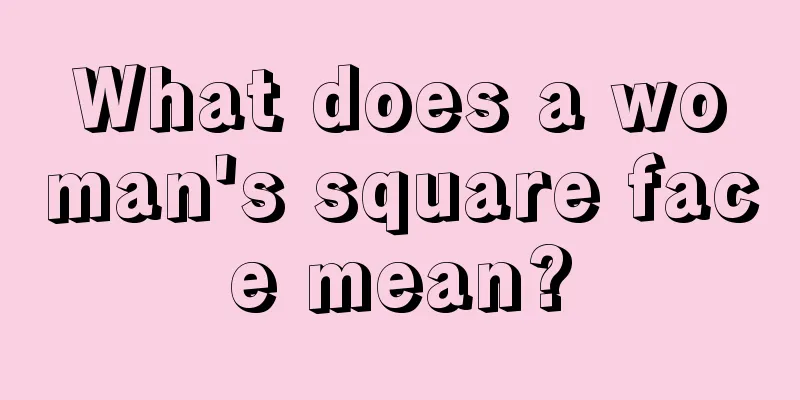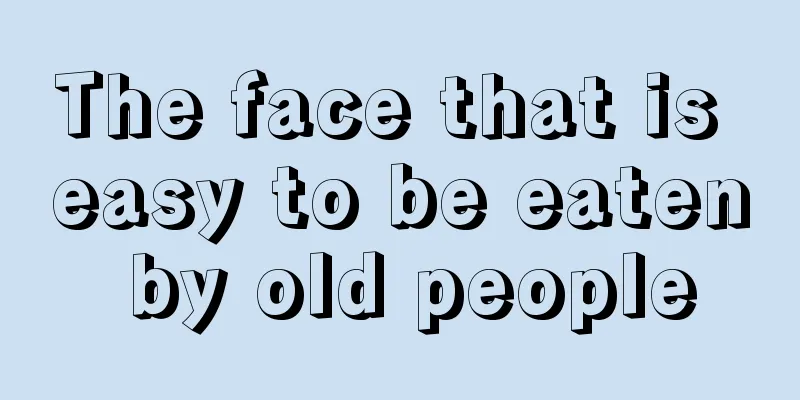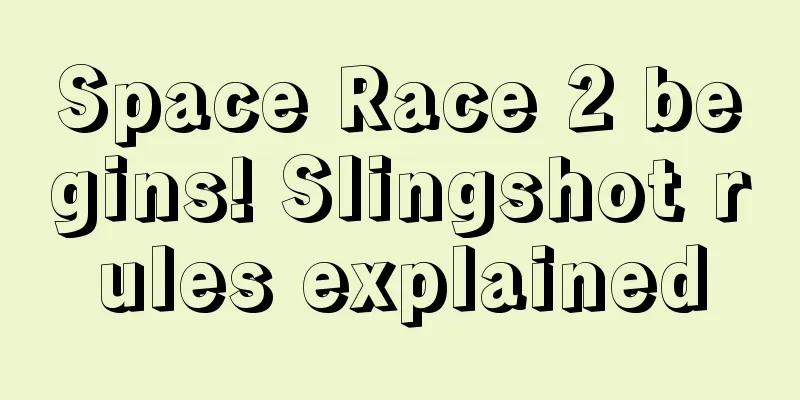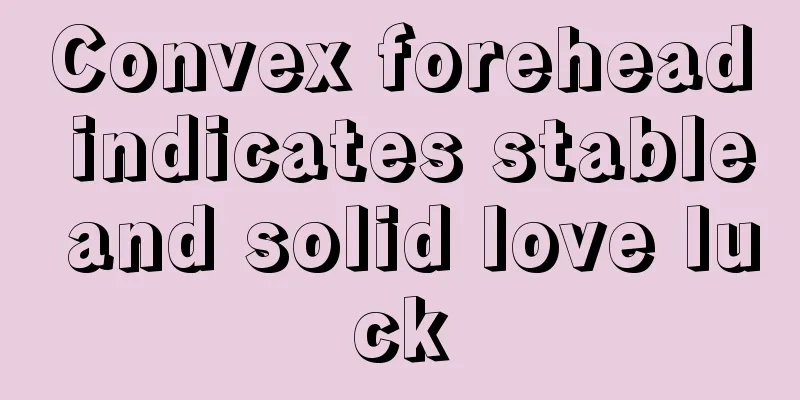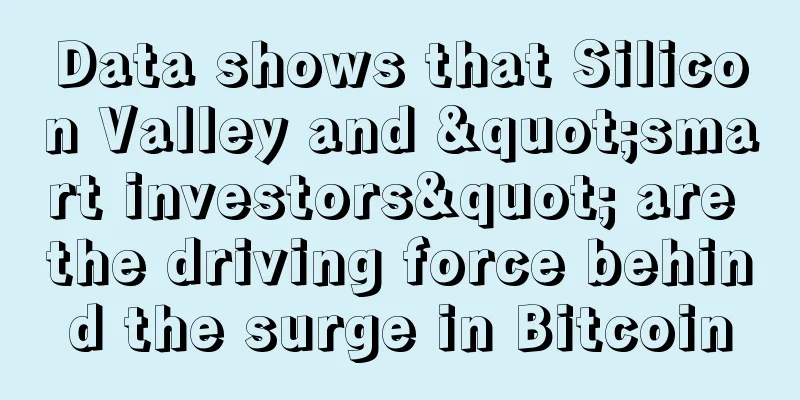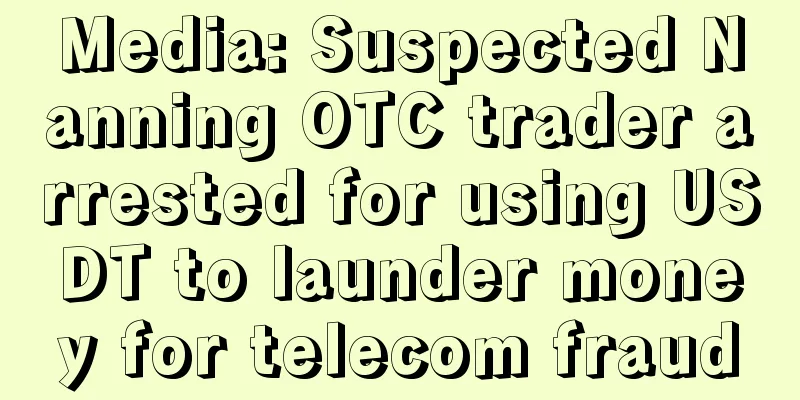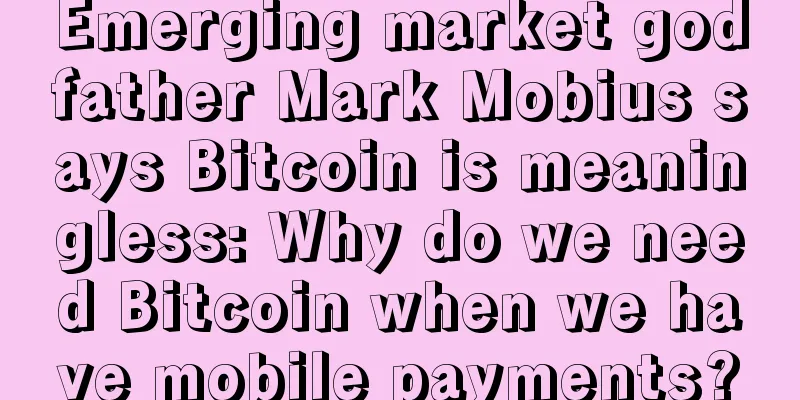A brief discussion of several major applications of blockchain. Which ones may be pitfalls?
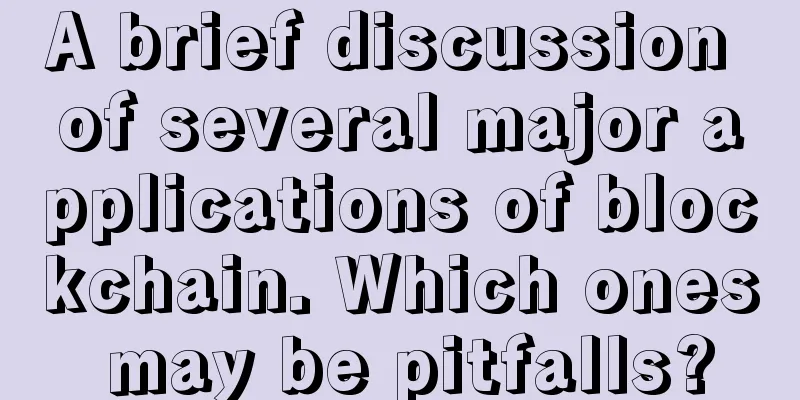
|
The widespread use of paper became possible because Cai Lun during the reign of Emperor He of the Eastern Han Dynasty improved the papermaking technique. Today, paper is closely related to human life. For example, suppose I am forced to work hard to move banned solid clay bricks for a day to fill my stomach. All I want is a few banknotes. So, the invention of paper is so great that 10 years ago, it was hard to imagine that it would be replaced one day. However, with the advent of the two great inventions of computers and the Internet, the status of paper is no longer unshakable. Ten years ago, my articles were written in black leather notebooks. Now, the words in my mind are entered into the notebook and become 0s and 1s. This is the change. From today's perspective, the shortcomings of paper are too obvious:
When there is a better option in front of me, if I don’t use it, isn’t it a loss for me? Have you ever thought that one day we won’t need paper to pay for our money anymore? Maybe you would say:
Indeed, payment systems such as Alipay digitize banknotes and then store them in a huge database, but in the final analysis, there must be banknotes. The central bank does not print banknotes, and the numbers in the bank database cannot be too outrageous. What do you think? Does that mean that the amount of cash is equal to the amount of money in the bank's account book? Of course not, because of the existence of bank loans, credit cards and other products, the numbers in the bank's database will only be much larger than the amount of cash, and this account book is not public, so the specific data deviation is only known to a few people. Is there a payment system that is completely independent of paper money, has high transparency, and cannot be tampered with by anyone? Don't say it, it's really possible. Why do I say it's possible? Because it's just a relatively mature experiment (market value of 5 billion US dollars). In 2007, a great man or organization anonymously named Satoshi Nakamoto (Chinese translation: Zhongbencong) began to conceive a magical project. After more than a year of careful carving, Nakamoto completed the white paper of the project (Bitcoin: A Peer-to-Peer Electronic Cash System, Chinese name: Bitcoin: A Peer-to-Peer Electronic Cash System). In early 2009, the project was successfully launched. I don’t want to explain the principles of this system here. Friends who are interested can check the information on the Babbitt Academy channel or library, which is a very good place to learn about these things. We only need to know that this electronic cash system has nothing to do with paper. It is very transparent. Everyone can access and query the payment ledger. Everyone can truly control the accounting rights of their own ledger, that is, the system token such as Bitcoin. As long as the Internet exists and someone maintains this ledger (using mining machines for calculation and maintenance), then this payment system can exist forever. You've said it so well, this system should be very popular, right? Of course not, because it's still in the experimental stage. This ledger still has many flaws, such as the large fluctuations in the value of its tokens, which is not suitable for pricing goods. Another example is that it has scalability issues. It may be fine if 100,000 people use it every day, but it will collapse if 10 million people use it. Another example is that it requires a lot of learning costs, and people who don't have the relevant knowledge will easily lose money. In short, there are a lot of problems. So with so many problems, can they be solved? Theoretically, it is very likely, because it is open source, which means that everyone can review it and everyone can participate in its improvement. Of course, I am not saying this to trick you into buying Bitcoin. This is not the purpose of my article. I am talking about Bitcoin only to introduce a technology, or an idea. What is it? Blockchain (Chinese name: 区块链). This word is very popular now. You may not have heard of it much in China, but in foreign financial circles, it is no exaggeration to say that this word is exactly the same as the advertising slogan of Dabao. Nowadays, it is common for foreign companies to talk about "blockchain's potential to disrupt XXOO". Every now and then, a certain giant will set up a blockchain laboratory, and even the chief economist of the Bank of England has talked about the possibility of issuing a national digital currency based on blockchain. We can't help but ask, what is the basis of blockchain? What magic is driving or "deceiving" these institutions to lose their composure for such a rising concept? Blockchain originated from Bitcoin. Currently, the most successful blockchain is also Bitcoin's blockchain. The reason why blockchain has attracted so much attention is that it has the characteristics of high transparency, immutability, and no need for middlemen. So if I brainstorm and apply these characteristics of blockchain to various applications in other industries, will it have a disruptive effect? Well, it's like you now have a new drug, which can theoretically cure a variety of diseases, but does that mean it's really suitable for treatment? You have to try it, because you don't know the side effects! The current blockchain is at such a stage. It seems to be able to cure the dissatisfaction of various industries, but in fact it is still only in the theoretical stage. Since we are talking about theory, I have to talk a little about it. First of all, what is the biggest difference between paper ledgers and blockchain ledgers? The former is to keep accounts by people, while the latter is to keep accounts by computers. Because people are too "smart", it is easy to have accidents and the efficiency is very low. Computers are different. Computers are "stupid". They just follow instructions and are very efficient and scalable. Ordinary databases are a product between paper ledgers and blockchain ledgers. They can save the system from partial dependence on humans, but ordinary databases also have problems. For example, they have access rights. For example, do you know where the pension you pay goes? Therefore, any company, organization or individual with some ideas has started to study blockchain technology. The Economist compared blockchain to a machine that creates trust, which I think is quite vivid. In the past, trust between people was mediated by paper. In my opinion, one day we will rely on machines for trust, and hopefully build this bridge through blockchain. Don’t get me wrong! I’m not saying that blockchain can do everything. It may not be a problem technically, but even if you can really do it, I have no reason to accept those products. You really don’t need to spend any time or money on it. In addition, please be careful of those big scammers who like to play with concepts. I have said so much about paper, mainly to illustrate a point: after the emergence of blockchain, the biggest victim will be paper. Back to the topic of the article, here I will briefly talk about several common blockchain applications, and express some of my own humble opinions, trying to analyze their possibilities. (ps: I just wrote this as a brick, you are welcome to hit me with jade, column opening car -》[email protected]) Most feasible application: notarizationHow traditional certificates are issued, I don't need to explain here, academic fraud is too common, even when buying a diamond, it's ridiculous, I searched on Zhihu and found a question: Can the laser code and GIA certificate on a diamond be faked? One of the jewelry appraisers told us from personal experience that it is possible! To solve this problem, blockchain is the perfect solution! Currently, the MIT Media Lab is developing a software tool that can create some digital files (certificates) containing basic information, then use its own private key to sign the contents of the certificate, and then add a signature to the certificate itself. Then create a hash (short string) to verify whether anyone has tampered with the contents of the certificate, and finally, use the private key to create a record on the Bitcoin blockchain. If you don’t understand the principle, it doesn’t matter. At that time, you only need to operate it with one click. I think it won’t be too difficult to implement. As for why MIT chose the Bitcoin blockchain instead of building a blockchain itself? The reason is simple. The Bitcoin blockchain is currently the most secure blockchain. Of course, due to the open and transparent nature of the blockchain, some privacy issues may also arise, which is also what MIT Media Lab is exploring to solve. There is also a blockchain project that specializes in diamond certification, called Everledger. According to data from its official website, Everledger has recorded as many as 575,774 diamonds on the blockchain. Everledger combines its own private chain with the public chain of Bitcoin through the Eris Stack platform (want to learn how to build it? Just click the link), completing a hybrid model that can enjoy the security brought by the public chain while also realizing the complexity and smart contracts of the private chain. The blockchain car rental project jointly launched by Visa and DocuSign is actually a notarization application based on blockchain. "Lengthy sales cycles, complex insurance quotation procedures, cumbersome loan applications, and large amounts of paper documents that need to be signed... these may soon become a thing of the past. The technology project jointly launched by DocuSign and Visa will help you realize your dream of renting a car." - DocuSign blog. There is also a project called Factom that does similar applications. It designs a software based on the Bitcoin blockchain that can help companies/government departments store sensitive data more conveniently and securely. For example, the Honduran government's land registration project uses the technology provided by Factom. The key is that Factom provides the most information. If you want to learn, Factom would be a good starting point. To sum up, almost all notarization blockchain projects have one thing in common, that is, they all choose to rely on the Bitcoin blockchain. From the perspective of implementation difficulty, it can be said that the biggest problem that notarization applications will encounter is probably technology. Applications where competition will be most intense: Securities marketThe securities trading market is also a very suitable application field for blockchain. The fit between the two is very high. Traditional securities trading requires the coordination of four major institutions: central clearing houses, banks, securities companies and exchanges to complete stock transactions. The efficiency is low and the cost is high. The blockchain system can independently complete one-stop service. There are many companies that are working on this application, including two of the world's top four exchanges, Nasdaq OMX and the London Stock Exchange, which are already exploring this application. The world's number one New York Stock Exchange (NYSE) also participated in the $75 million C round of financing for Bitcoin company Coinbase, and the possibility that it is secretly researching blockchain projects is probably not small! If we talk about the first company to announce its intention to develop a blockchain securities project, it is probably the e-commerce company Overstock. At that time, the company was working with the startup Counterparty to develop a project called Medici (the Medici family was a prominent family in Europe with strong influence due to its financial business from the 13th to the 17th century). Later, for unknown reasons, the two parties parted ways unhappily. Counterparty then merged with MathMoney f(x) to start Symbiont.io, and they were targeting the securities market. Overstock soon launched its own offensive, submitting a prospectus to the Securities and Exchange Commission (SEC) indicating that it may issue up to $500 million in stocks or other securities, and this new type of stock uses technology similar to that underpinning Bitcoin. In June of this year, Overstock announced that it would issue a "digital corporate bond" in the form of colored coins, or cryptocurrency securities based on the Bitcoin blockchain. The total value of the bonds is $25 million. It is part of its initiative Medici project. This crypto-securities (stocks) will be issued on Overstock's TØ.com platform. In August, Overstock officially launched the blockchain trading platform project tØ at a Nasdaq event. The project’s domain name is also very high-end - The launch of tØ also deeply stimulated Nasdaq, and at this time, the startup Symbiont was also researching a similar system, hoping to provide technical support for Nasdaq. At the end of October this year, Nasdaq announced that it would launch a new platform Linq based on blockchain technology. Surprisingly, Nasdaq did not choose to cooperate with Symbiont, but chose to cooperate with another blockchain startup - Chain. After Nasdaq announced the blockchain platform Linq, institutions in the European securities market could no longer sit still. On November 17, the London Stock Exchange, London Clearing House, Societe Generale, UBS and Euroclear jointly established a blockchain group to explore how blockchain technology can change the clearing and settlement methods of securities trading. Subsequently, multinational bank holding company group Goldman Sachs also joined the war. Last month, the group submitted a patent application to the official website of the United States Patent and Trademark Office for a cryptocurrency designed for securities settlement - SETLcoin. In addition, Blythe Masters, known as the "Queen of Wall Street", and her Digital Asset Holdings are likely also targeting the securities market. The potential of blockchain in the securities market has attracted the attention of major stock exchanges. I believe that there will be a thrilling battle in the near future. It is worth noting that among these projects (including the domestic Antminer), only the tØ project is anchored on the Bitcoin blockchain in the form of Applications that may disappoint: digital products such as music and gamesUsing the transparency of blockchain to solve problems in the music industry, I am afraid that many people have seen such news, and there are companies working on such projects, but have you ever thought about whether there will really be a demand for the audience to use blockchain solutions to make music? The emergence of streaming media has spoiled the audience. Although musicians are against this model, almost all technology giants have laid out streaming media. The emergence of this model makes it difficult for the traditional physical record model to turn around. Big names such as Taylor Swift and Adele refuse to cooperate with streaming platforms in order to promote record sales, but in the eyes of streaming media managers such as Music Tank, this refusal is only temporary. In the final analysis, it is because musicians feel that they earn less money and feel wronged. The key is that the audience pays less money, so do users care whether the musicians earn more or less? One issue that needs to be emphasized here is that blockchain can only solve the problem of falsification, but cannot solve the problem of piracy, and piracy of digital products such as music is very easy. Of course, this does not mean that it has no possibility of success. I just said that the resistance to such application will be great. Users are not happy, and only musicians will have the motivation to promote it. On the other hand, in the securities market, blockchain can provide transparency for trading users, and it can also bring efficiency and cost advantages to exchanges, so its resistance is relatively small. Most disruptive application: Payment systemFinally, let’s talk about the original application of blockchain, which is the peer-to-peer (or peer-to-peer) electronic cash system proposed by Satoshi Nakamoto. Logically, it should be the most difficult to use blockchain for such an application. The resistance is too great. Currency is not a joke! According to common thinking, Bitcoin should have been beaten to death long ago, but in fact, Bitcoin has been running from 2009 to now and is still alive and well. What is strange is that banks have gone from previously dismissing blockchain to now competing to study it. The R3 blockchain alliance formed by 30 of the world's top commercial banks is such an example. Of course, the possibility of banks choosing public chains is still very small, and the significance of private chains is just to add a spare tire to the bank's sports car. After all, its essence is still a car. Regarding the subversive idea that some people believe that the electronic cash system will replace banks, I cannot comment on its possibility. What I see is that banks have realized the sense of crisis, and perhaps private chains are the defensive walls they have built. Therefore, I would say that the electronic cash system will be the most disruptive application of the blockchain. In addition, there are many applications that are closely related to the electronic cash system, and the success of these applications will depend to a certain extent on the performance of the electronic cash system. Of course, the possibilities of blockchain are not limited to what I have mentioned. Giants in various industries, including insurance, auditing, and medical care, are exploring its potential. If you have good ideas and believe that the benefits of blockchain will far outweigh its side effects, you may as well give it a try. Text: Emusher |
<<: Goodbye quietly, OKCoin co-founder He Yi joins Yixia Technology
>>: Jamie Smith, former special assistant to President Obama: Why I chose blockchain
Recommend
Female star with almond eyes
We all know that almond eyes were one of the symb...
Whose business is the booming Bitcoin?
Whose business is the booming Bitcoin? The U.S. s...
Public opinion is hard to go against, India may become the next country to legalize Bitcoin
India may legalize Bitcoin in the near future as ...
Is it good for a woman to have a mole on her right cheekbone? What does it look like to have good cheekbones?
In the culture of physiognomy, cheekbones are clos...
Is it good for a girl to have a big face? A big face brings more luck
Nowadays, most women pursue beauty, so they all h...
The appearance of a woman born to be a rich wife
The appearance of a woman born to be a rich wife ...
The fate of having a mole behind the ear
The fate of having a mole behind the ear What doe...
There is a mole on a woman's left ear. What does it mean?
Regarding moles, some people don't like them,...
Are men with connected eyebrows very jealous?
From the perspective of physiognomy, many people&...
Mouth shape tells you your wealth index
Mouth shape tells you your wealth index In tradit...
The two ears are of different shapes, indicating a late bloomer
Most people have symmetrical faces, and China is ...
What kind of palmistry can achieve great things?
Perhaps it is because men often bear more respons...
Is Bitcoin a safe haven asset? | Introduction to Blockchain in Plain Language 286
Author | day by day Produced by | Vernacular Bloc...
Do people with crooked noses have crooked personalities and bad intentions?
A distorted personality generally refers to abnor...
Let’s talk about Bitcoin from the “Hong Kong businessman kidnapping case”
Not long ago, a kidnapping and ransom case in Hon...
